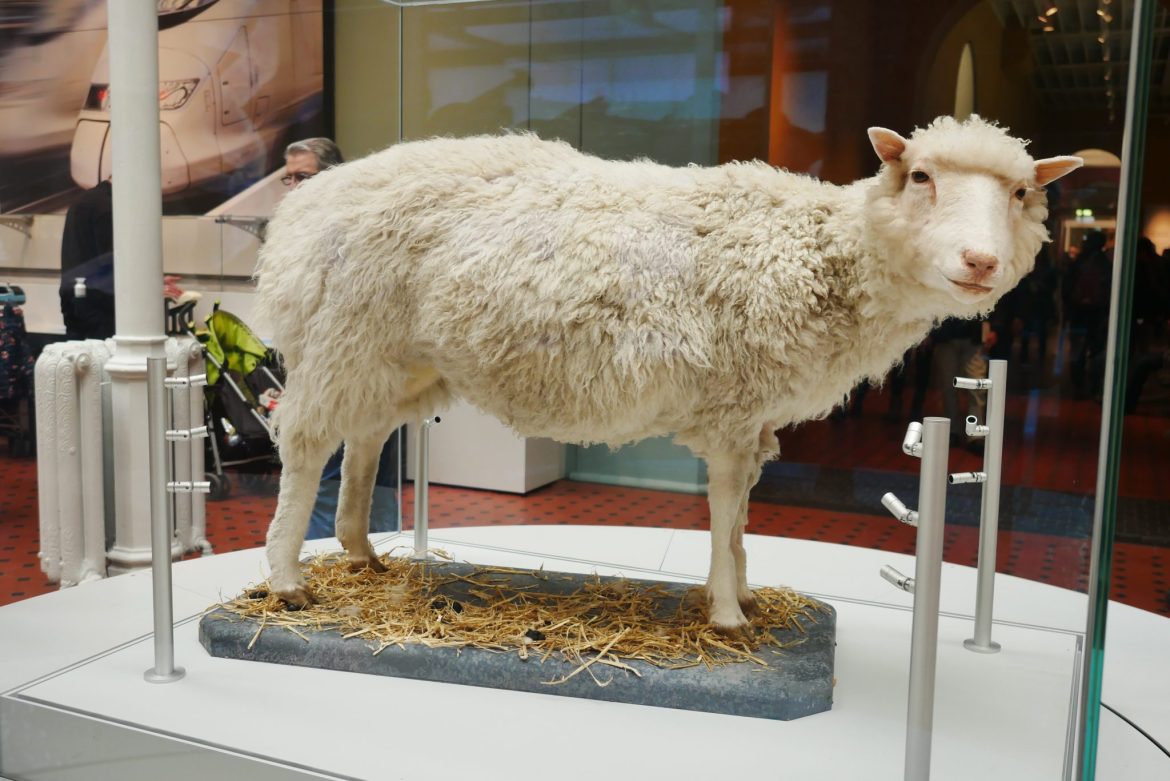332
Cloning, the process of creating genetically identical copies of an organism, has long been a subject of fascination, controversy, and ethical debate. Here’s a closer look at the science, ethics, and implications of reproductive cloning:
- The Science of Cloning: Reproductive cloning involves the creation of a genetically identical copy of an existing organism through somatic cell nuclear transfer (SCNT). In this process, the nucleus of a donor cell, which contains the organism’s genetic material, is transferred into an egg cell that has had its nucleus removed. The resulting embryo is then implanted into a surrogate mother and allowed to develop to term.
- Historical Milestones: The birth of Dolly the sheep in 1996, the first mammal cloned from an adult somatic cell, marked a major milestone in the field of cloning and sparked widespread excitement and controversy. Since then, scientists have successfully cloned a variety of animals, including mice, cows, pigs, and dogs, using similar techniques.
- Ethical Considerations: The prospect of cloning raises a host of ethical concerns, ranging from questions about the welfare of cloned animals to fears of human cloning and the commodification of life. Critics argue that cloning poses risks to animal welfare, including health problems, genetic abnormalities, and premature aging. There are also concerns about the potential misuse of cloning technology for unethical or nefarious purposes.

